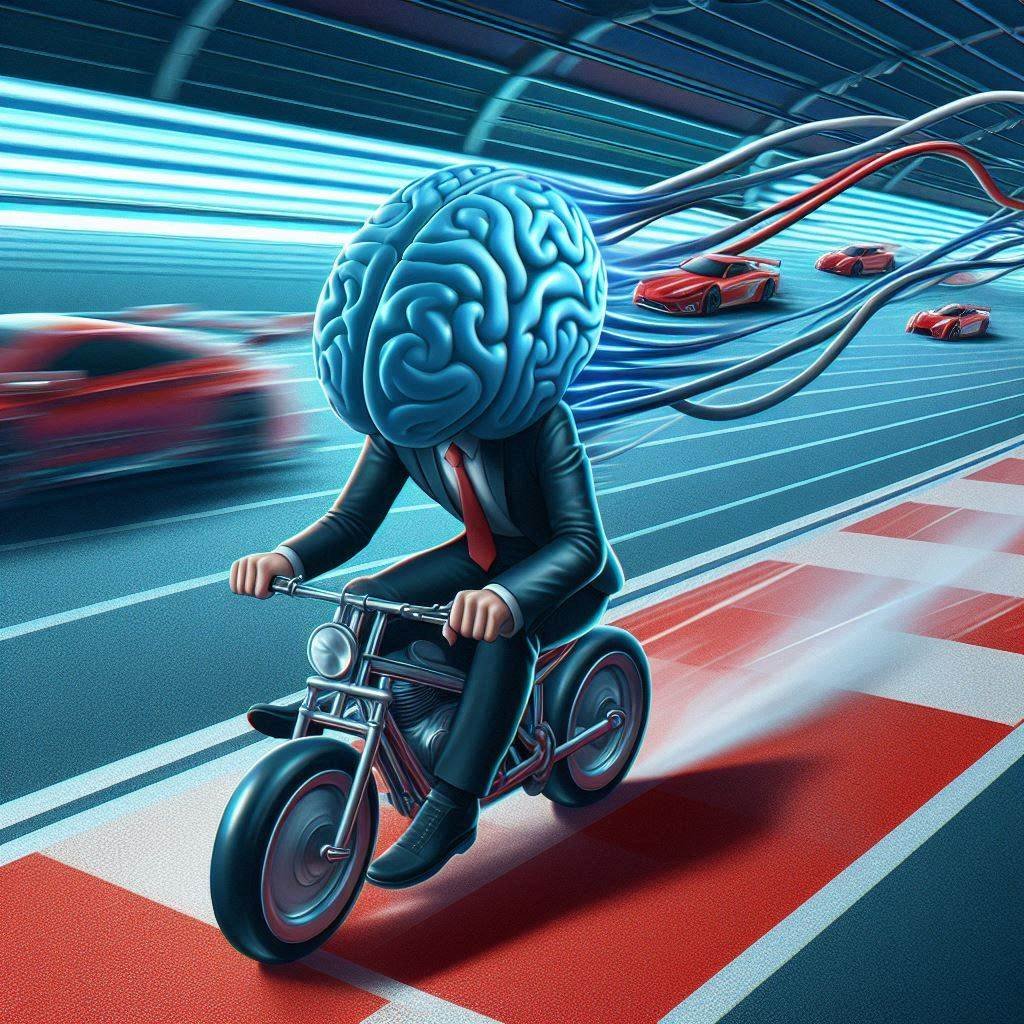Imagine prop trading as a high-stakes Formula 1 race.
The trader is the driver — adrenaline pumping, eyes darting across charts, reflexes primed. The markets are the track — unpredictable, sharp-cornered, full of sudden crashes and weather changes (or news headlines). The capital, of course, is the car — fast, powerful, but fragile if mishandled.
But what’s been missing from this analogy all along?
The pit crew for the mind.
In most races, a driver’s mental condition is just as critical as their car’s mechanics. Fatigue, stress, overconfidence, hesitation — all of these invisible forces can end a race faster than a blown tire. And yet, in the real-world circuit of prop trading, mental well-being has long been ignored, hidden beneath spreadsheets and profit targets.
That’s where Mental Health Monitoring enters — the psychological pit stop that checks not the machine, but the human at its core.
Trading Is Not Just Numbers — It’s Neuroscience
Prop trading is often romanticized as a skill game — pure logic, pure numbers. But every seasoned trader knows the truth: your state of mind drives your decision-making.
Revenge trading after a loss.
Greed after a big win.
Fear of missing out during a rally.
Hesitation after a drawdown.
These aren’t market failures. They’re mental health signals — and until now, they’ve gone unmeasured.
Mental Health Monitoring in prop trading introduces a game-changing approach: integrating psychological metrics into a trader’s profile, just like equity curves or win ratios.

The Psychological Dashboard
Picture a dashboard not only showing P&L, but also:
- Cognitive Load Index: How mentally fatigued is the trader after a 10-hour session?
- Mood Stability Meter: Is the trader’s performance correlated with their emotional volatility?
- Stress Pulse Tracker: How do cortisol levels (measured through wearables) correlate with poor entries?
- Resilience Score: How quickly does the trader recover from a loss — both financially and emotionally?
This is not about invading privacy. It’s about offering a mirror — a smart, real-time reflection of a trader’s inner landscape. And just like in elite sports, this feedback becomes a tool for optimization, not judgment.
Prop Firms as Mental Pit Crews
With Mental Health Monitoring, prop trading firms transform from pure funders to mentors. They begin to fund not just performance, but preparedness. A trader going through burnout may be advised to pause trading — not punished for underperformance.
The best part? This creates safer capital deployment. A trader who is mentally stable is less likely to blow up accounts, break rules, or engage in emotional overtrading. For the firm, it’s both ethical and economical.
Some firms may even start using mental readiness scores as part of their funding eligibility — a bold, humane innovation in an industry long dominated by pure performance metrics.

Building a Culture of Psychological Safety
Mental Health Monitoring doesn’t mean weakness. It means pro strength — the kind that understands that trading is not a sprint, but an emotional marathon. By integrating mindfulness tools, burnout alerts, biofeedback, journaling apps, and coaching into platforms, prop trading becomes a more sustainable profession.
And when mental health becomes a metric — just like win rate or max drawdown — it finally gets the attention it has always deserved.
A New Era of Trader Evaluation
Imagine two traders: one has slightly better stats, the other has excellent psychological consistency. In the future of prop trading, it’s the second trader who gets funded — because mental strength isn’t a soft skill anymore.
It’s the steering wheel of survival.
Incorporating Mental Health Monitoring into prop trading isn’t just innovation. It’s evolution — from raw execution to refined, self-aware mastery.
Because at 200 mph on the trading track, it’s not just the car that needs maintenance.
It’s the mind behind the wheel.




